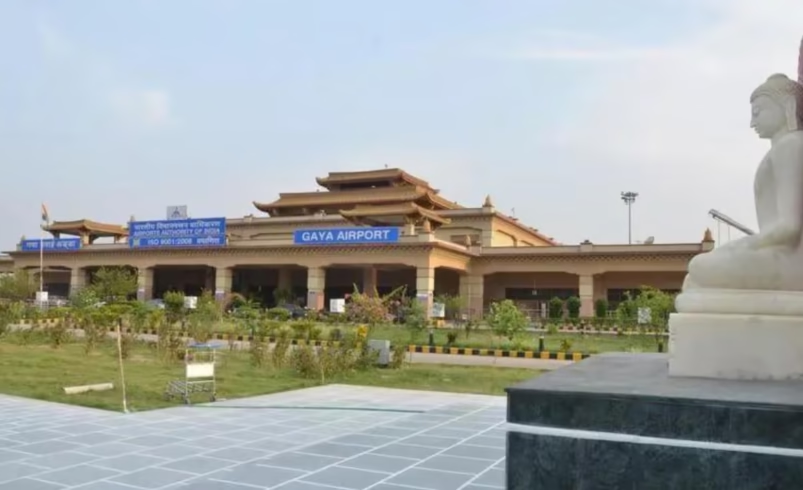Gaya Airport’s ‘GAY’ Code Stays Unchanged Amid Protocols
- August 6, 2025
- 0

The Indian government has decided not to change the airport code ‘GAY’ for Gaya International Airport, despite some unease surrounding its implications. This decision aligns with the International Air Transport Association (IATA) protocols, which dictate that airport codes are primarily based on geographical locations and are only subject to change if they pose a safety risk. The aviation minister clarified that the current code was assigned due to the airport’s location in Gaya, Bihar, and does not meet the criteria for alteration under existing guidelines.
The IATA is responsible for assigning unique three-letter codes to airports worldwide, ensuring a standardized system for airline operations and logistics. These codes are typically derived from the name of the city or region where the airport is located. In this case, ‘GAY’ is a straightforward abbreviation of Gaya, reflecting its geographical identity. The IATA’s stringent protocols mean that changes to these codes are rare and usually only considered if there is a direct impact on aviation safety.
The retention of the ‘GAY’ code has sparked varied reactions from different quarters. Some individuals and groups have expressed discomfort with the code due to its connotations in English-speaking contexts. However, government officials have emphasized that altering the code would require a significant justification beyond public sentiment. The aviation minister reiterated that safety concerns are the primary factor for any potential changes, and since ‘GAY’ does not compromise safety, it remains unchanged.
This situation highlights the complexities involved in assigning and potentially changing airport codes. It underscores the importance of adhering to international standards while balancing local sensitivities. As global travel continues to expand, similar issues may arise, prompting discussions about how best to navigate cultural perceptions without compromising established protocols.